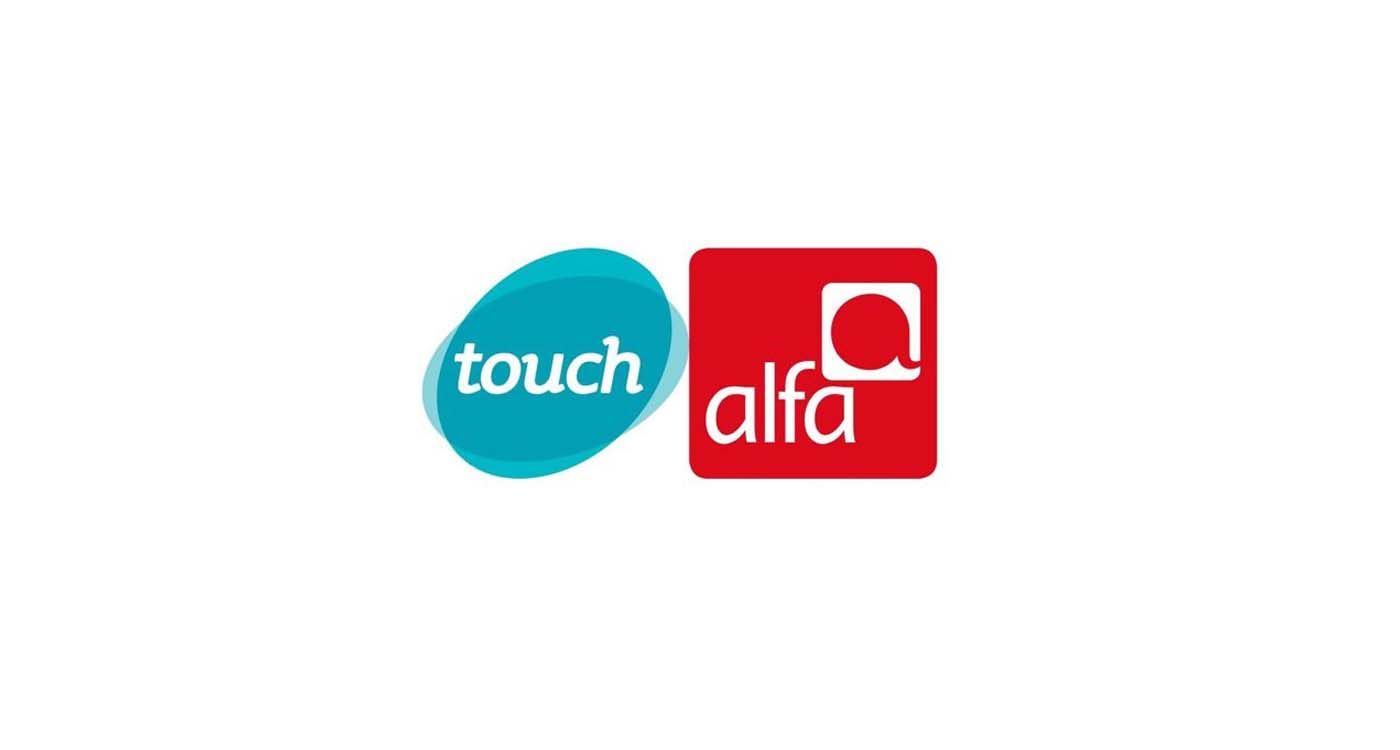
In Lebanon, paradox has become a way of life, even extending to the telecom sector. Operators announce lower prices per gigabyte, yet many subscribers end up with higher bills at the end of the month. This reality raises questions. Here’s why.
For years, Lebanon has struggled with failing essential services and soaring costs. This also applies to the mobile phone sector. With “adjusted” plans and unreliable networks, subscribers oscillate between resignation and frustration, all while waiting for a clear signal, both figuratively and literally.
Here’s an example of a revision and adjustment in telecom offers. The old 6 GB prepaid card at $8.50 has been replaced by a new plan at $9 for 7 GB. On paper, the price per gigabyte drops. In reality, the monthly bill increases by one dollar, and with the steady rise in data consumption, the benefit for consumers remains limited. Meanwhile, operators Alfa and Touch insist that they have not raised prices. They explain that they have “restructured” their plans to “better meet consumers’ needs.”
Alfa Stands by Its Strategy
Sources at Alfa told This is Beirut that the restructuring is based on “the actual usage patterns of subscribers and their behavior on the network.” The operator says it is responding to growing demand, noting a 30% year-on-year increase in internet usage through the end of July 2025.
Alfa has therefore launched larger new plans. For example, the new 25 GB plan at $14.50 is intended to replace the old 10 GB plan at $11, which more than half of subscribers had to renew before their cycle ended. The result: the price per gigabyte has dropped by 47%, but the monthly bill still rises by $3.50.
The same logic applies to prepaid plans. The 22 GB offer at $14.50 replaces the old 10 GB plan at $11. Again, Alfa highlights a 40% drop in the price per gigabyte. In practice, however, users end up paying $3.50 more for an additional 12 GB.
Both Touch and Alfa are investing in new towers, network upgrades and expanded coverage. Yet in practice, Lebanese subscribers still struggle to find a signal, even at times in Beirut. Disruptions from stolen equipment or electricity cuts continue to pose challenges for both operators and users.
Starlink: Hope from Above
Amid this situation, one new development is drawing attention: Starlink, Elon Musk’s satellite constellation. After years of political deadlock, the issue has finally returned to the Cabinet agenda. For many, it could be the perfect solution: fast internet without relying on worn-out local infrastructure.
But the reality is more complicated. In a detailed statement on Tuesday, the Ministry of Telecommunications clarified that no permit has yet been granted to Starlink. The project must go through a Cabinet decree in accordance with the legal framework. In addition, Starlink will not have a monopoly: the frequency spectrum will remain open to other operators, in line with International Telecommunication Union standards.
Above all, Starlink should not be seen as a replacement for land-based networks, but as a technical complement for remote areas or emergency situations. In other words, there will be no sudden flood of Starlink antennas overnight. The service will be limited in both capacity and subscribers.
The Ministry emphasizes two final points. First, the service will not be exclusive to Starlink, as other satellite operators could follow. Second, negotiations must go through the parent company to ensure compliance with local laws.




Comments